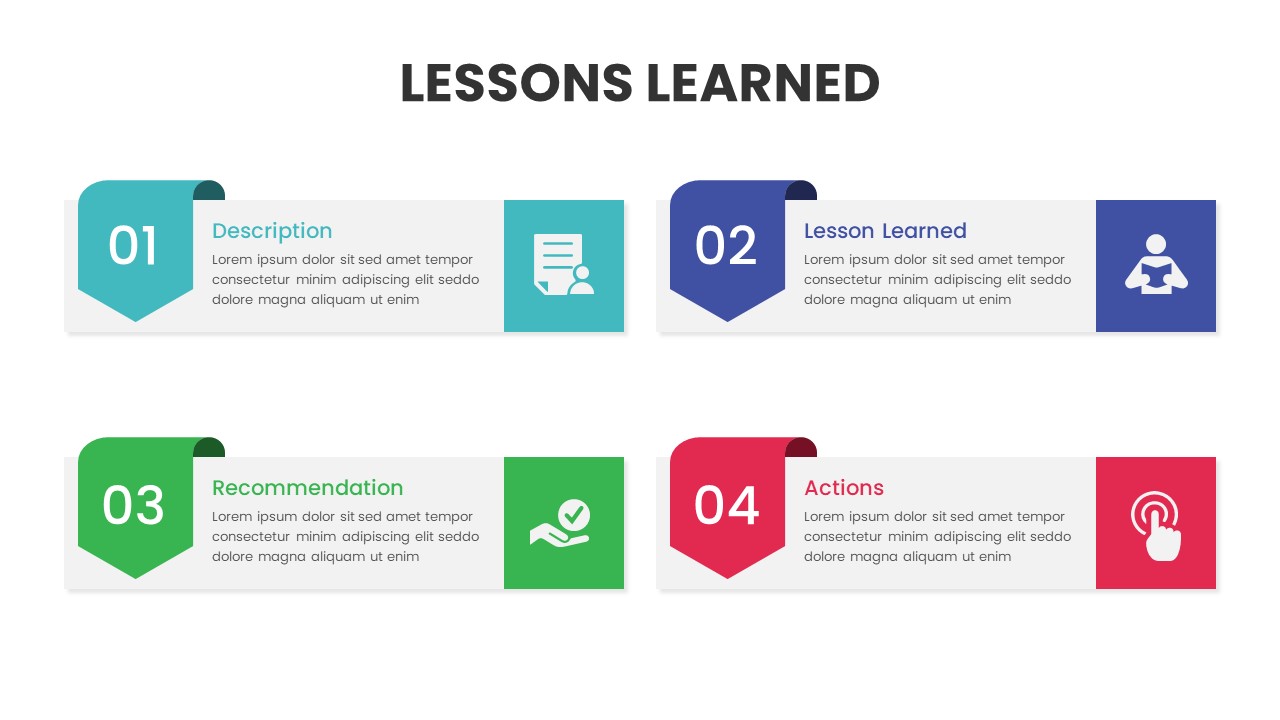Car Dealers Renew Opposition To EV Mandates: Industry Fights Back

Table of Contents
Economic Concerns Fueling Dealer Resistance to EV Mandates
The core of the dealer's opposition stems from significant economic concerns. Adapting to an EV-centric market requires substantial upfront investments that many dealerships, particularly smaller ones, struggle to afford.
- Infrastructure Upgrades: Installing EV charging stations, often requiring significant electrical upgrades, represents a substantial capital outlay. Dealerships also need specialized tools and equipment for EV maintenance and repair, adding to the cost.
- Technician Training: EV technology differs significantly from internal combustion engine (ICE) vehicles. Training technicians on the intricacies of EV repair and maintenance necessitates considerable investment in specialized training programs.
- Reduced Sales of Gasoline Vehicles: As EV mandates increase, the sales of gasoline-powered vehicles are likely to decrease, potentially leading to significant losses for dealerships heavily reliant on traditional car sales. This transition period presents a critical financial risk.
- Profitability Concerns: Some dealers argue that the profit margins on EV sales are currently lower than those on traditional vehicles, making the transition financially challenging. This is particularly true for dealerships in regions with limited EV demand.
Challenges in EV Sales and Consumer Adoption Affecting Dealer Support for EV Mandates
Beyond the economic hurdles, dealerships also face significant challenges related to EV sales and consumer adoption, further fueling their resistance to EV mandates.
- Educating Consumers: Many consumers remain hesitant about EVs due to concerns about range anxiety, charging times, and the higher initial purchase price compared to gasoline-powered vehicles. Dealerships play a crucial role in educating consumers and dispelling these misconceptions, but this requires significant time and resources.
- Charging Infrastructure: The lack of widespread and reliable public charging infrastructure in many areas hinders EV adoption. Consumers are hesitant to buy EVs if they are concerned about finding charging stations during long trips.
- Fluctuating Prices and Incentives: The constantly shifting landscape of EV prices and government incentives makes it difficult for dealerships to accurately forecast demand and manage inventory effectively. This uncertainty adds to the financial risk associated with EV sales.
- EV Servicing and Maintenance: Servicing and maintaining EVs presents unique challenges compared to ICE vehicles, requiring specialized knowledge and equipment. Dealerships need to adapt their service departments to effectively handle EV repairs, adding to their costs.
The Role of Government Incentives and Support in Shaping Dealer Attitudes Towards EV Mandates
Government incentives and support play a crucial role in shaping dealer attitudes toward EV mandates. The effectiveness of existing incentives is a key factor influencing dealer acceptance.
- Incentive Adequacy: The question remains whether current government incentives are sufficient to offset the costs and challenges faced by dealerships in transitioning to EV sales. Many dealers argue that current incentives are insufficient.
- Infrastructure Development: Government regulations that foster the development of charging infrastructure and technician training programs are essential to alleviate some of the concerns raised by dealers. Investment in these areas would reduce the burden on individual dealerships.
- Alternative Approaches: Exploring alternative approaches to promoting EV adoption, such as tax credits tailored to dealer investment in EV infrastructure, could garner more support from dealerships. A more collaborative approach is needed.
Dealer Associations and Lobbying Efforts Against EV Mandates
Dealer associations are actively lobbying against stringent EV mandates, employing various strategies to influence policymakers. These efforts include:
- Organized Opposition: National and regional dealer associations are coordinating their efforts to voice concerns and present alternative proposals.
- Lobbying Strategies: These associations employ various lobbying strategies, including direct lobbying of lawmakers, public relations campaigns, and participation in public hearings. Their arguments center on the economic viability and practicality of rapid EV adoption.
- Impact on Policy: The success of these lobbying efforts could significantly impact the future implementation and stringency of EV mandates.
Conclusion: The Ongoing Fight Over EV Mandates and the Future of the Automotive Industry
The debate surrounding EV mandates highlights a complex interplay of economic concerns, sales challenges, and the crucial role of government support. Dealers' strong opposition underscores the need for a more nuanced approach to policymaking. Compromises and alternative solutions, such as phased-in mandates, tailored incentives, and increased investment in charging infrastructure and technician training, must be explored to address dealers' concerns while still fostering the transition to a greener automotive industry. Understanding the dealer perspective on EV mandates is crucial for creating effective policies that foster EV adoption while ensuring the sustainability of the automotive industry. Continued dialogue and collaboration are essential to navigate the transition to a greener future.

Featured Posts
-
 Bila Je Prva Ljubav Zdravka Colica Istina Iza Pjesme Kad Sam Se Vratio
May 01, 2025
Bila Je Prva Ljubav Zdravka Colica Istina Iza Pjesme Kad Sam Se Vratio
May 01, 2025 -
 Beyond The Points The Uks Eurovision Strategy Revealed
May 01, 2025
Beyond The Points The Uks Eurovision Strategy Revealed
May 01, 2025 -
 Following Severe Weather Louisville Launches Debris Removal Program
May 01, 2025
Following Severe Weather Louisville Launches Debris Removal Program
May 01, 2025 -
 Neal Pionk Injury Updates And Performance News
May 01, 2025
Neal Pionk Injury Updates And Performance News
May 01, 2025 -
 Dragons Den Success Stories Lessons Learned From The Show
May 01, 2025
Dragons Den Success Stories Lessons Learned From The Show
May 01, 2025
